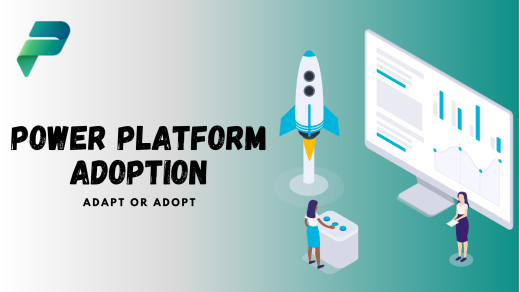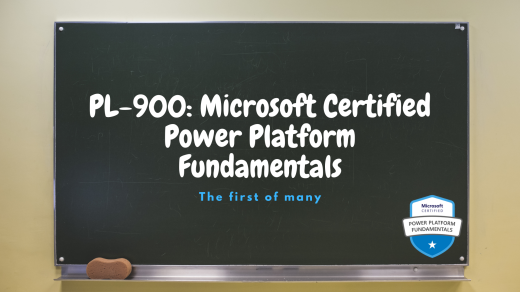The Power Platform Developer: A Unique Fella
What is a Power Platform Developer
A Power Platform developer can refer to various types of roles. First off, its the associated title for passing the PL-400 Microsoft Certified: Power Platform Developer exam. Now although the PL-400 exam focuses a lot more on the pro-code side of things, it’s not necessarily the only factor that makes up a Power Platform developer. The role can also be associated with the PL-200 Microsoft Certified: Power Platform Functional Consultant.
The general idea behind being a Power Platform developer, is being able to use the Microsoft Power Platform products to design, build and deploy custom applications and automations in line with stakeholder requirements. They use specific skillsets in Power Apps, Power Automate, Power BI, Power Pages and Power Virtual Agents to help organizations automate business processes, create custom applications, and integrate data across multiple systems.
A Power Platform developer does start to become a bit ambiguous when you start prioritising your skillsets to a specific product. For example, if you focus your career on Power BI, you are more likely to fall under a BI Developer role or Data Analyst role. Focusing on a specific product will also require additional skillsets. Taking our BI developer into account again, not only do they need to be skilled in Power BI, they also need to understand data modelling and querying. This includes ETL processes and languages such as T-SQL, Python and DAX. Whereas focusing more on being a Power Pages developer, the languages become more specific to HTML, CSS and JavaScript. See where I’m heading with this?
What Does a Power Platform Developer Do?
The role of a Power Platform Developer consists of various requirements and tasks in order to deliver successful projects. Some key responsibilities of a Power Platform Developer include:
- Communication: A Power Platform developer will need to communicate effectively to project managers and solution architects regarding the builds requirements.
- Solution Design: The developer may also have a say alongside the solution architect as to how the solution should be designed and developed.
- Solution Development: Building the solution using various Power Platform products is the next step. A Power Platform developer should be well acquainted with all these products so they can use their expertise and tools to create the required custom solution.
- Comply with Processes: Part of being a good developer, in any industry, is being process driven. This means ensuring that your development is following strict guidelines to ensure your solution or code is quality and meets the organisations quality requirements and standards. The same applies to a Power Platform developer.
- Testing: A Power Platform developer also needs to test the solution during various stages. This is to make sure the solution meets the stakeholders requirements, complies with appropriate regulations and governance, and performs as expected effectively and efficiently.
- Deployment: Deploying solutions across different environments and tenants is something else a Power Platform developer needs to be well versed in. They also need to understand the basics of ALM governance, including components such as deployment stages, versioning and source control. This is a topic I am currently covering in my ALM series here.
- Documentation: Time consuming, yes. Boring, at times. Needed, ABSOLUETLY!!! Documentation is an integral part of a being a Power Platform developer. Developing and deploying a solution to stakeholders without providing any guidance as to how the solution works is pointless. A Power Platform developer needs to be able to document the solutions dependencies, architecture and user guide in a clear and comprehensive way.
- Maintenance: Lastly the developer will need to provide ongoing maintenance and support for either future phased deployments or bug fixes. This will ensure the continued success of the solutions adoption and usage whilst addressing any issues that may arise.
What Makes the Power Platform Important?
There are many reasons as to why a Power Platform Developer is important. They help streamline business processes by building tailored solutions and automation to increase productivity whilst reducing errors. Using their skillsets, they are able to bring to life the ideas stakeholders have that are cost friendly, scalable and quick to deploy.
In conclusion, Power Platform Developers play a critical role making the above achievable. Their abilities and expertise in the Power Platform allow them to design, build and implement effective solutions, making them a viable asset to organisations in the tech industry.




